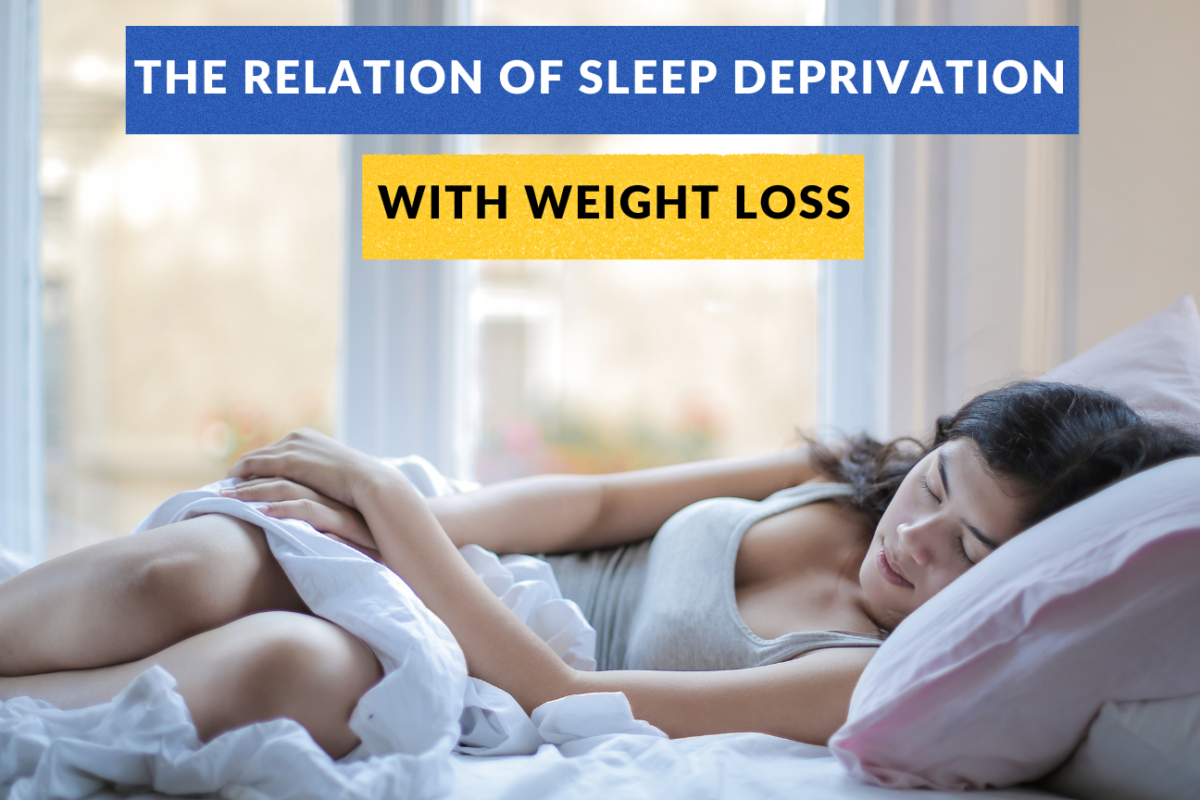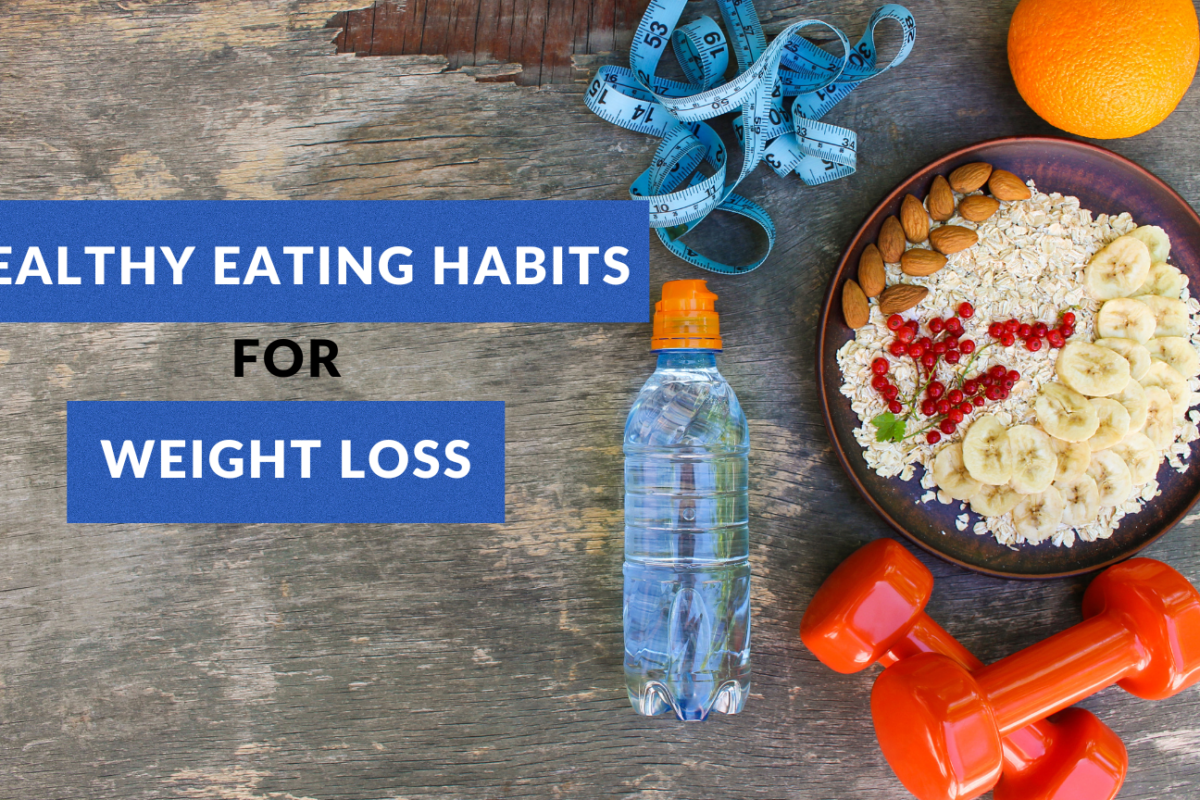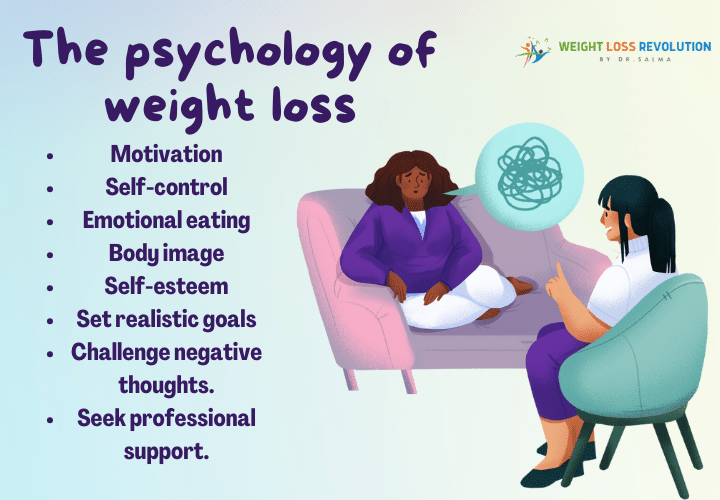Losing Weight can significantly enhance overall health, improve self-esteem, and boost energy levels. However, the journey to weight loss success is paved with challenges, and one of the most critical steps is setting realistic goals. Realistic weight loss goals are essential for sustainable progress, preventing frustration, and fostering a positive mindset. Here’s a comprehensive guide to setting achievable weight loss goals, brought to you by the experts at Weight Loss Revolution.
What Are Realistic Weight Loss Goals?
Setting realistic goals is at the top of the list for achieving a healthy weight as it has been shown by research that it really helps to lose weight . Realistic weight loss goals are specific, measurable, achievable, relevant, and time-bound (SMART). Aiming to lose 1-2 pounds per week is a sustainable and healthy goal. This might seem slow, but it’s a more maintainable pace that reduces the likelihood of regaining weight.

Why are Realistic Weight Loss Goals Important?
Following are some of the reasons why setting realistic goals are important as explained by our doctors at Weight Loss Revolution;
- Boosts Motivation: Achieving small goals keeps you motivated and encouraged to continue.
- Promotes Sustainable Weight Loss: Gradual weight loss is more likely to be permanent.
- Improves Overall Health: Focuses on lifestyle changes rather than quick fixes.
- Reduces Frustration: Avoids disappointment and frustration from unmet expectations.
Define Your Motivation
Understanding why you want to lose weight is essential. Whether it’s for health reasons, improving physical appearance, or enhancing quality of life, a clear motivation can help maintain focus and determination in your weight loss journey. While moving towards your goal keep in mind and focus on the progress rather than perfection. Celebrate the small victories to keep you motivated for the bigger goal.

Consult a Professional
Seek advice from healthcare professionals such as doctors, dietitians, or nutritionists like our experts at Weight Loss Revolution. Everyone is different and loses weight at their own pace therefore in order to get the best and sustainable way to lose weight it is helpful to consult a reputable professional in the field. They can provide personalised recommendations based on your health status, lifestyle, and goals.

SMART Goals
Our experts at Weight Loss Revolution advise to utilise the SMART criteria for setting goals:
- Specific: Define clear and precise goals. Instead of “lose weight,” aim to “lose 10 pounds in three months.”
- Measurable: Ensure your goals can be tracked. Regular weigh-ins or body measurements can help monitor progress.
- Achievable: Set goals that are realistic given your current situation. Consider factors like your starting weight and daily commitments.
- Relevant: Your goals should align with your overall objectives and lifestyle.
- Time-bound: Set a timeframe to achieve your goals. This helps in maintaining focus and motivation.
Focus on Health, Not Just Weight

Our motto at Weight Loss Revolution is to ‘Prioritise overall health improvements over mere weight loss’. While losing weight it is important to keep in mind that you are not just burning calories but are on a journey towards a healthier version of yourself. Focusing on health helps to maintain body positivity and lose weight for the long term. Goals such as “eat five servings of vegetables daily” or “walk 30 minutes every day” can be more beneficial and sustainable.
At Weight Loss Revolution we are all about setting realistic weight loss goals as a crucial step towards achieving long-term success. By understanding the factors that influence weight loss, setting SMART goals, and adopting healthy lifestyle changes, you can make steady and sustainable progress. Remember, weight loss is a gradual process, and focusing on overall health and well-being will lead to more satisfying and lasting results.
Bibliography
- Weight loss: 6 strategies for success. (2021, December 7). Mayo Clinic. https://www.mayoclinic.org/healthy-lifestyle/weight-loss/in-depth/weight-loss/art-20047752#:~:text=Set%20realistic%20goals&text=Over%20the%20long%20term%2C%20it’s,diet%20and%20regular%20physical%20activity.
- Mph, K. M. Z. R. L. (2006, January 27). Is your weight loss goal realistic? WebMD. https://www.webmd.com/obesity/features/is-your-weight-loss-goal-realistic
- Setting weight loss goals. (n.d.). LloydsPharmacy Online Doctor UK. https://onlinedoctor.lloydspharmacy.com/uk/lifestyle-advice/setting-weight-loss-goals
- Crystal, M. (2018, May 22). How to Set Realistic Weight Loss Goals with the S.M.A.R.T. Method. Total Wellness & Bariatrics. https://totalwellnessandbariatrics.com/how-to-set-realistic-weight-loss-goals-with-the-s-m-a-r-t-method/
- Kbragg, & Levey, D. K. (2019, July 18). 5 Rules for setting Realistic monthly Weight-Loss and Fitness Goals. Muscle & Fitness. https://www.muscleandfitness.com/muscle-fitness-hers/hers-nutrition/5-rules-setting-realistic-monthly-weight-loss-and-fitness-goals/







